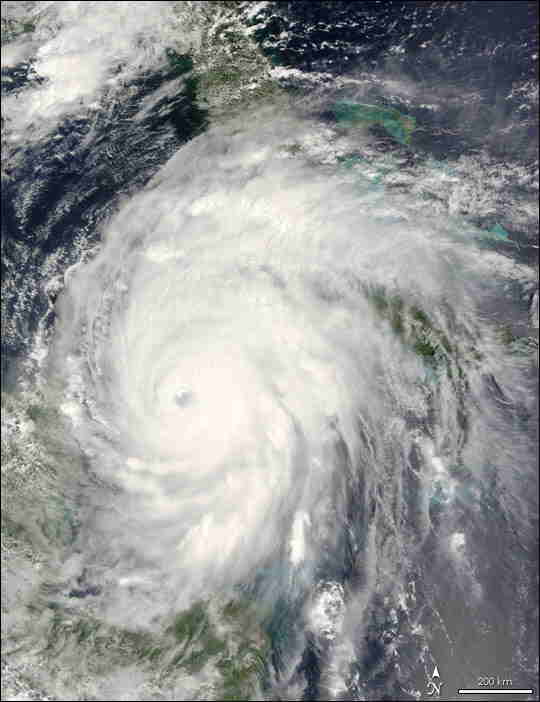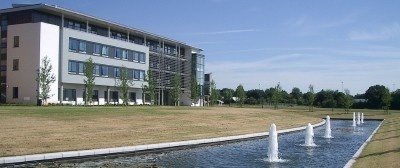 Warwick Turbulence
Symposium
Warwick Turbulence
SymposiumWorkshop on Environmental and Geophysical Turbulence: new approaches in theoretical and numerical modeling
March 13-18, 2006.
Joint with EPSRC Platform grant on Turbulence.
Organisers: Ian Castro (Southampton), Darryl Holm (ICL), Bob Kerr (Warwick), Sergey Nazarenko (Warwick) and Christos Vassilicos (ICL)




